One sector of the global value chain that is often overlooked is freight and FinTech, with projected compound annual growth rates of 6.6% (US$235 billion) and 32% (US$65 billion) in Africa by 2030, respectively.
South Africa’s trade supply chains face mounting pressure from tariffs, rising costs, and shifting global dynamics. Unless local players adapt through diversification, digitalisation, and smarter alliances, their competitiveness will continue to erode.
South Africa’s trade reality
Port data underscores the volatility. In 2022, container traffic fell to 4.05 million twenty-foot equivalent units (TEUs) from 4.42 million the previous year. Yet, as of March 2025, South Africa recorded its highest throughput on record, highlighting both resilience and capacity.
Tariffs, however, are a significant drag. Higher reciprocal tariffs weaken the competitiveness of local goods, create market uncertainty, and disrupt investment decisions. They also reduce the appetite for trade finance, particularly where traders lack custodial control over security.
Supply chain pressures
Companies are adapting by rerouting shipments, outsourcing manufacturing, or shifting value-added activities to markets less exposed to tariffs. These choices often increase costs in freight, warehousing, insurance, logistics, financing, and hedging. Margins erode, leading to difficult decisions, as several long-standing players have already exited the country, resulting in significant job losses.
What needs to change
For South Africa to remain competitive, it must look beyond traditional markets. Reliance on the US is risky, and trade routes into Africa, Asia, Europe, the Middle East, and the Americas need to be expanded to create a more balanced and resilient portfolio of export destinations.
The African Continental Free Trade Area offers real potential to support this shift. By unlocking intra-African trade and building stronger regional integration, it can help lower costs and streamline logistics. Businesses that carefully assess the advantages of road, rail, sea, and air transport will be better placed to improve margins and strengthen their supply chains.
At the same time, South Africa must scale up its value-added manufacturing base. Producing more competitive goods will help shield exporters from tariffs while driving long-term industrial development. The Department of Trade, Industry and Competition provides a range of mechanisms to support this, including the Manufacturing Support Programme, the Production Incentive, and Export Marketing Assistance. These incentives, when combined with public-private partnerships, can help unlock a new wave of growth in high-value sectors.
No less important is the modernisation of digital infrastructure. The use of RFID tracking technology can provide financiers with real-time visibility of goods in transit, building confidence in the security of supply chains and increasing their willingness to lend. Alongside this, the adoption of digital trade documents, such as electronic letters of credit, can accelerate liquidity and reduce risk for both traders and financiers.
Smarter alliances
Adapting to this environment will require partnerships that go beyond transactional arrangements. A risk-sharing model, supported by tailored advisory services, can provide traders with greater resilience in the face of tariff headwinds. Linking financing structures to the performance of traders ensures results are outcome-driven, with trade help desks and digital platforms offering additional support.
Technology and data will also play a central role. The use of algorithms, trade data analysis, and compliance software allows businesses to reduce inefficiencies and anticipate risks. Streamlining processes in this way shortens the time it takes to turn sales into cash, enhances competitiveness, and provides a clearer basis for decision-making.
The way forward
As a country, we cannot navigate these pressures in isolation. Freight operators, banks, government agencies, and FinTech companies must work more closely together to build an ecosystem that allows traders to expand into new markets. Collaboration is not optional in this environment – it is the only path to sustainable growth.
Think Bigger. Think Nedbank Commercial Banking.
Shane Naidoo is the Treasury & Trade Management Specialist at Nedbank Commercial Banking.
Brought to you by Nedbank Commercial Banking.
Moneyweb does not endorse any product or service being advertised in sponsored articles on our platform.

 3 days ago
1
3 days ago
1


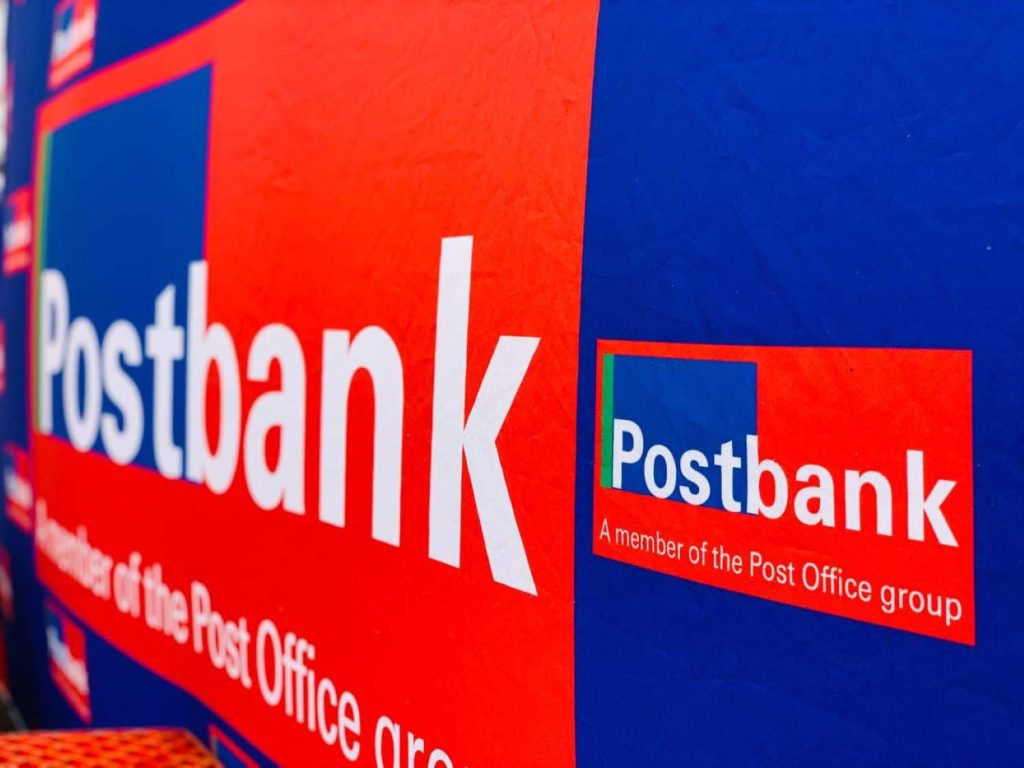









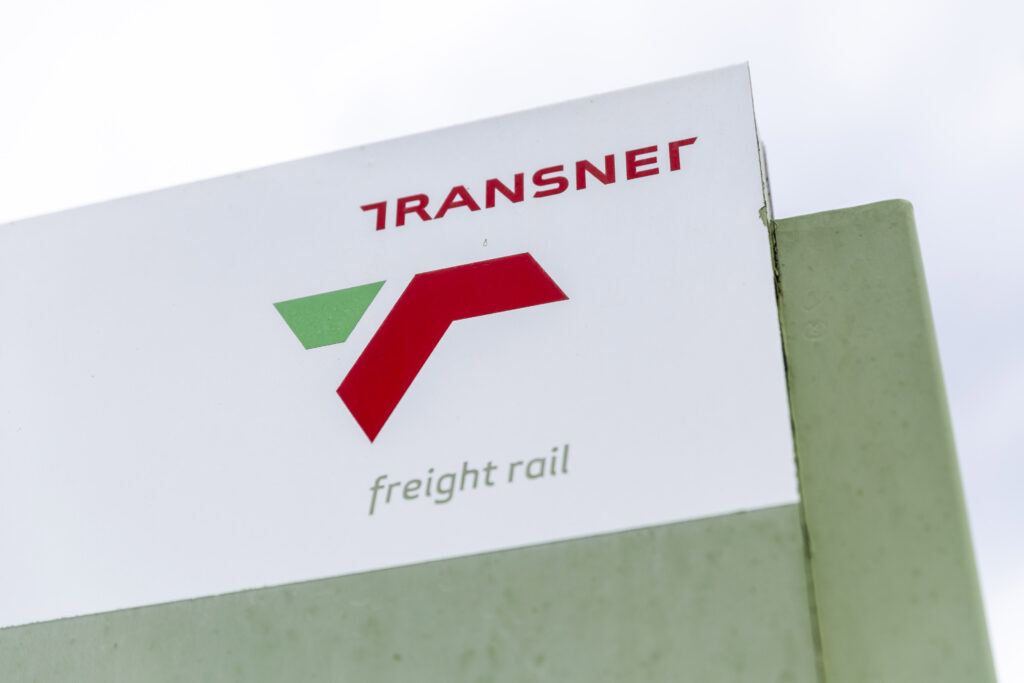
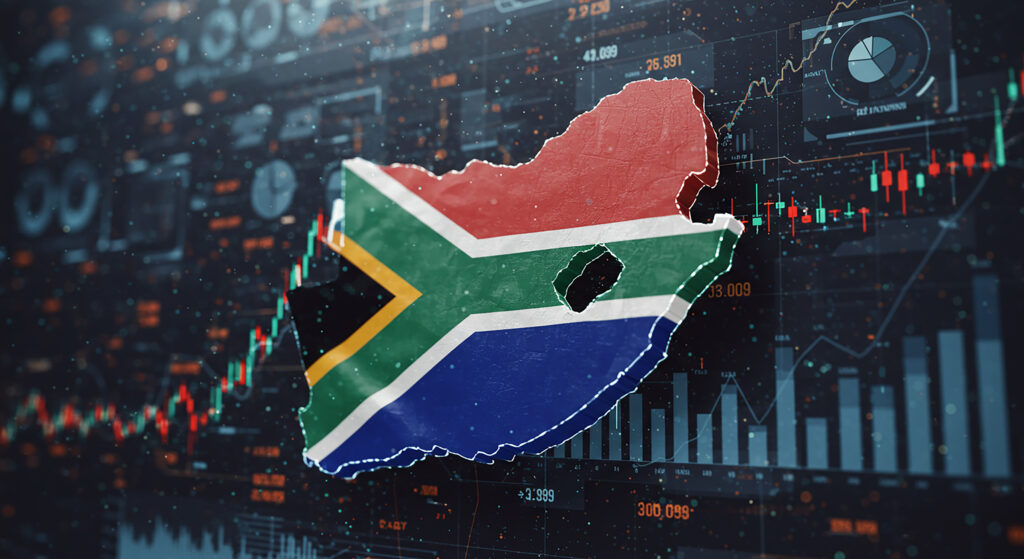







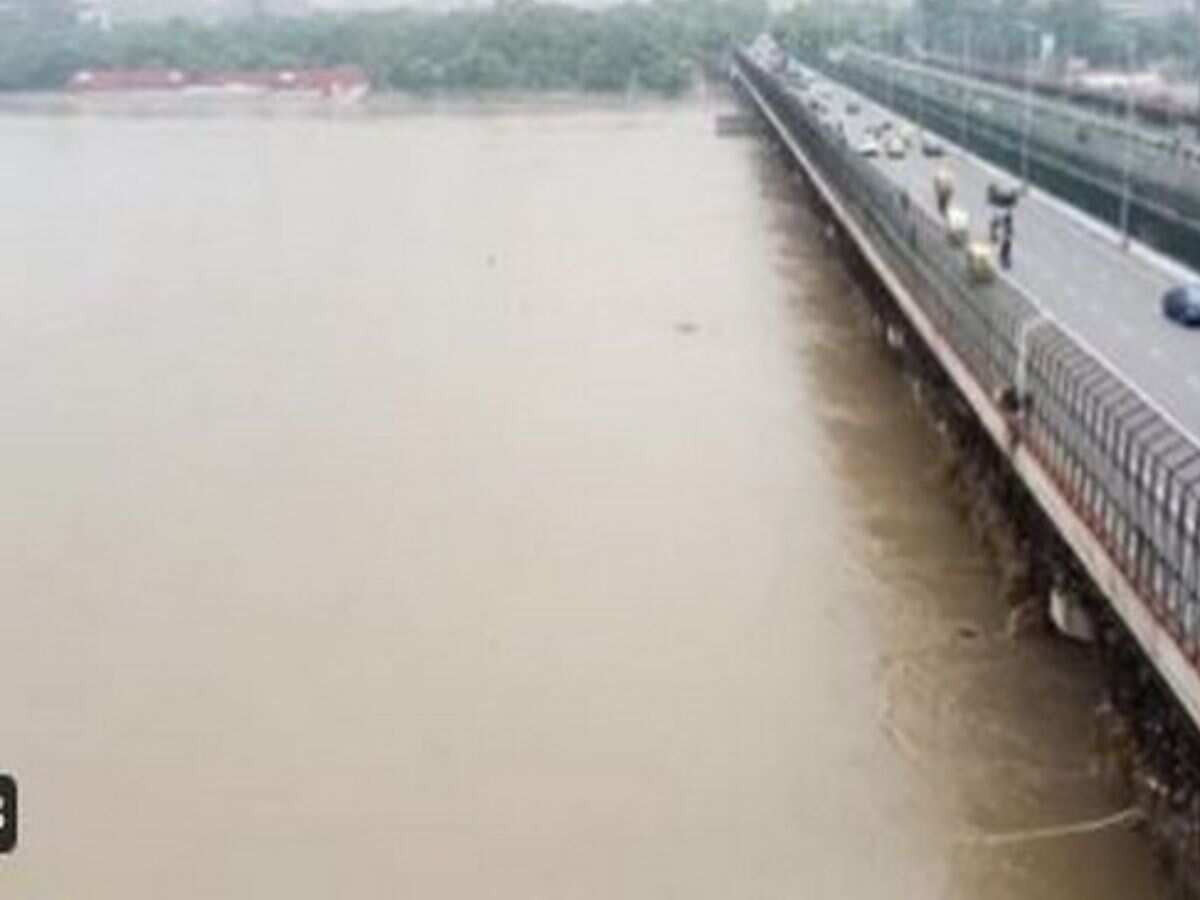
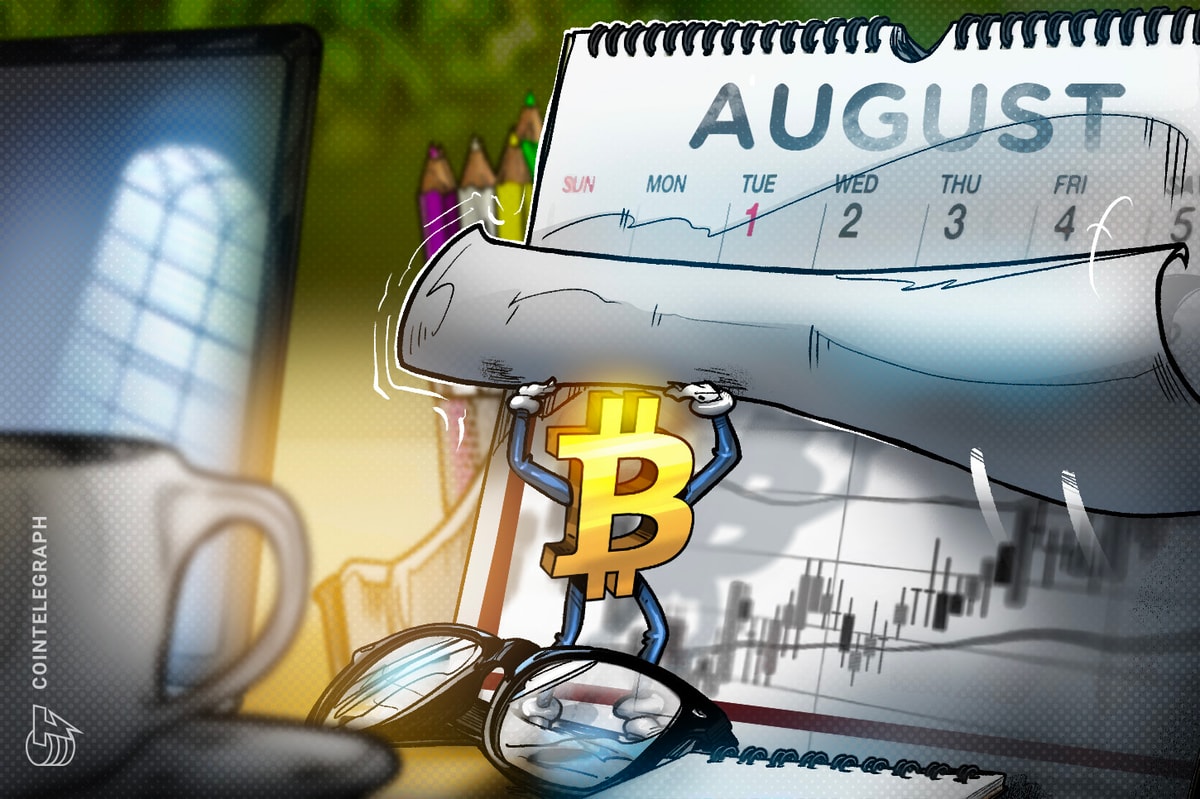
 English (US) ·
English (US) ·